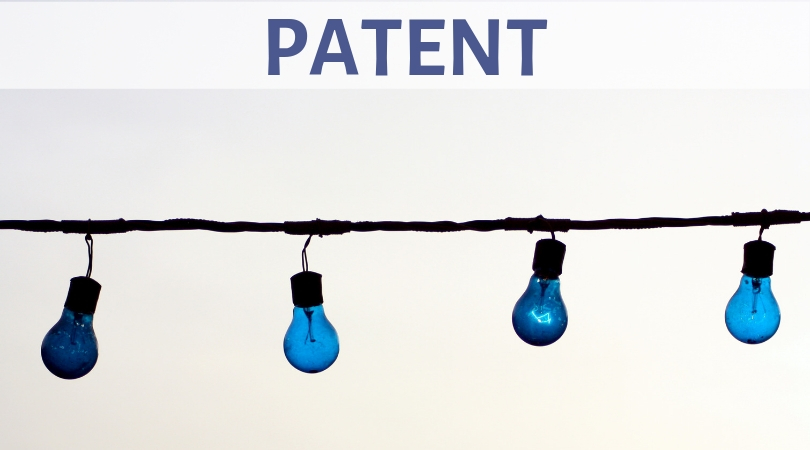A typical United States Patent costs between $8,000 and $10,000 to obtain. You can expect to spend about $6,000 to have the patent drafted and filed. The rest of the money will be spent over the next 2 years in the preparation of legal briefs arguing for the patentability of your case and in federal issue fees if you are ultimately successful. Here’s how that total breaks down:
Step 1 – Patent Search. This step involves searching the prior patents and possibly other relevant publications in order to determine: Whether your proposed invention is patentable; and If so, what will be the likely coverage of the patent obtained. You can expect to spend $900 on this step.
Step 2 – Preparing and filing a U.S. utility patent application. This step involves drafting the patent specification, the claims, the drawings, and the preparation of all associated forms. You can expect to spend $3,000.00 to $5,000.00 for this portion of the process. You will also have to pay the U.S. government filing fee of $730 (assuming you qualify for the small entity discount) as was described very well on https://www.reddit.com/r/TheInnovativeFuture/comments/b7dqks/bringing_an_invention_to_the_masses/.

Step 3 – Drafting amendments and/or responsive arguments. About 18 months after file your application you should receive a response from the government. Many patent applications are rejected on their first pass through. If that happens, it will be necessary to draft amendments and accompanying legal briefs. You can expect to spend about $2,000 on this step.
Step 4 – Issue. Once a patent application is allowed, the U.S. government charges a $480 issue fee. This fee is not assessed until the government has issued a document stating that you are entitled to the patent. Thus, the issue fee is a risk free expenditure. You should also be aware that the U.S. government now charges a $300 (small entity) publication fee in most applications.
What does a patent do for you?
A patent gives you an effective monopoly for its entire term – which is typically about 18 years. If you create a successful product you can bet that you will soon have competition and that the competition will drive your profit down – if not eliminate it altogether. A patent locks out competition for the patented product. This can be a tremendous market advantage as you can see from this story on https://openlab.citytech.cuny.edu/thoughtster/young-inventors-coming-up-with-new-invention-ideas/.
In addition, the possession of a patent is almost indispensable if you want to license your product to an existing manufacturer. Companies will sometimes accept outside submissions, but it is quite rare for them to pay any meaningful royalty unless you have a patent.